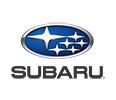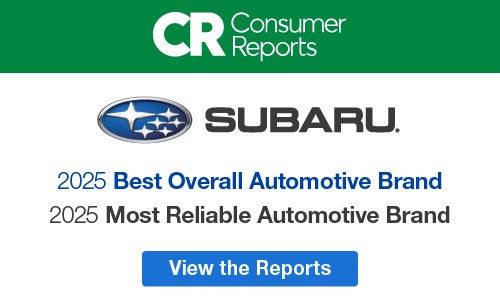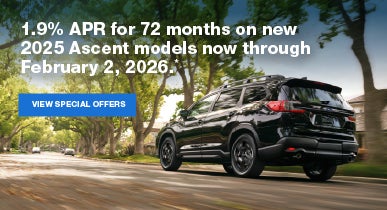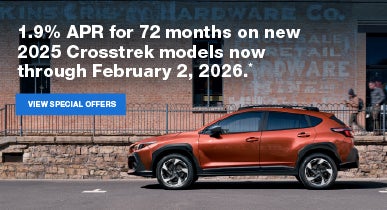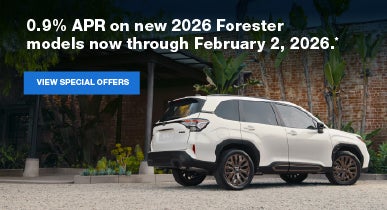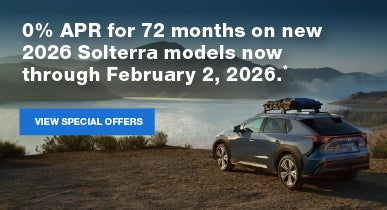Should You Lease or Buy
8 QUESTIONS THAT WILL HELP YOU DECIDE WHAT'S RIGHT FOR YOU
Should you lease or purchase your next vehicle? Both options have advantages and disadvantages, but there are different costs, restrictions and requirements between the two options. The biggest difference between leasing and purchasing a vehicle is when you buy a vehicle you're paying to own the vehicle. When you lease a vehicle, you're paying to drive the vehicle for a certain amount of time.
1. DO YOU WANT LOWER MONTHLY PAYMENTS?
Generally, your lease payments are lower than loan payments because you're only making payments on the depreciated portion of the vehicle you're driving during the lease agreement. Loan payments must cover the entire purchase price of the vehicle. In addition, you may have a lower down payment when you lease.
There also may be tax advantages to leasing. (Check with an attorney or tax consultant on the deductibility options available for your situation.) Essentially you only pay tax on the amount of vehicle you use. For a three-year lease, you only pay sales tax for the 36 months that you're using the vehicle. If you purchased the vehicle outright, you'd pay sales tax for the entire purchase price.
2. HOW IMPORTANT IS CONVENIENCE?
When the lease expires, you may have several options - you can return the vehicle, you can purchase the vehicle or you can lease another vehicle. Each option has advantages and disadvantages depending on your specific circumstances. Return the vehicle and you might have to pay additional charges if you haven't properly maintained the vehicle. Buying the vehicle at lease end may be more expensive than purchasing the vehicle in the very beginning. Leasing another vehicle is usually the best option, but you still need to come up with additional funds to start another lease.
3. DO YOU MAINTAIN YOUR CAR?
With a leased vehicle, "you gotta be good to your car!" Most lease agreements take into account normal wear and tear, but be sure you understand the difference between normal and excessive wear. Leasing also requires certain maintenance obligations to be done on a regular schedule with documented records to verify the service was performed. If you do not regularly maintain the vehicle, carefully consider whether leasing is right for you.
4. HOW FAR DO YOU WANT TO GO?
Leasing can be an option if you put less than 15,000 miles annually on your vehicle. If you think you'll drive more than this, you may need to consider purchasing extra mileage. Going over your agreed-upon mileage limit can result in mileage fees - typically 12 to 15 cents a mile. Speak with your dealer about extra mileage options.
5. WOULD YOU NEED TO TERMINATE EARLY?
Leasing may not be the way to go if you think there's any chance you will have to end a lease early. As mentioned before, leasing is essentially paying for the depreciation of the vehicle you're driving. If you end the lease early, you're not paying for the full depreciation amount you agreed to in the lease terms. Your dealer might charge you an early termination fee to make up the depreciation difference. Read the details of your contract for early termination penalties.
5. WOULD YOU NEED TO TERMINATE EARLY?
Leasing may not be the way to go if you think there's any chance you will have to end a lease early. As mentioned before, leasing is essentially paying for the depreciation of the vehicle you're driving. If you end the lease early, you're not paying for the full depreciation amount you agreed to in the lease terms. Your dealer might charge you an early termination fee to make up the depreciation difference. Read the details of your contract for early termination penalties.
6. DO YOU LIKE CHANGE?
Leased vehicles cannot be changed or modified by adding permanent accessories. The vehicle must be returned in the same state as it was originally leased to you (less normal wear and tear).
7. DO YOU HAVE A VEHICLE TO TRADE IN?
If you're leasing a vehicle for the first time, you probably have a used vehicle that you will want to trade in. This can serve as a down payment and will help lower your monthly lease payments. However, when your lease is over and you want to lease another vehicle, you'll need to come up with additional funds for a down payment.
8. HOW WILL YOU USE THE VEHICLE?
If you plan to use your leased vehicle exclusively for business, you may be able to claim the lease payment as a business expense. Check with an attorney or tax consultant on the deductibility options available for your situation.
Finance Benefits
- Pay to own your new car, not just to use it for a few years. After your final payment is made, you can drive your Subaru for years to come. It's all yours.
- Drive an unlimited number of miles - especially important if you typically drive more than 12,000 to 15,000 miles per year.
- Modify or repaint the car, or install custom equipment, as you see fit.
- Enjoy the full benefit of your car's trade-in or resale value.
Lease Benefits
- Potentially pay less per month. Monthly lease payments are usually lower than monthly loan payments for the same term, because your monthly payment includes the vehicle's use and expected depreciation only during the lease term.
- Enjoy driving a new car more frequently
- Have options at the end of your lease - including leasing another new Subaru or buying the one you've grown to love. If you decide to buy the car at lease-end, your will get a no-hassle preset purchase price.
- Minimize repair costs. Many people lease for the length of time the manufacturer's warranty is in effect. That way, most repairs are typically covered.
| Monday | 9:00AM - 7:00PM |
| Tuesday | 9:00AM - 7:00PM |
| Wednesday | 9:00AM - 7:00PM |
| Thursday | 9:00AM - 7:00PM |
| Friday | 9:00AM - 6:00PM |
| Saturday | 9:00AM - 5:00PM |
| Sunday | Closed |
| Monday | 7:30AM - 6:00PM |
| Tuesday | 7:30AM - 6:00PM |
| Wednesday | 7:30AM - 6:00PM |
| Thursday | 7:30AM - 6:00PM |
| Friday | 7:30AM - 5:00PM |
| Saturday | 8:00AM - 3:00PM |
| Sunday | Closed |
| Monday | 8:00AM - 6:00PM |
| Tuesday | 8:00AM - 6:00PM |
| Wednesday | 8:00AM - 6:00PM |
| Thursday | 8:00AM - 6:00PM |
| Friday | 8:00AM - 5:00PM |
| Saturday | 8:00AM - 3:00PM |
| Sunday | Closed |
